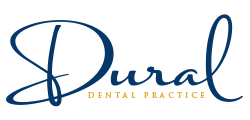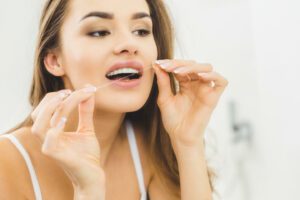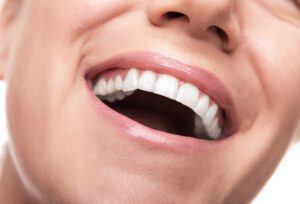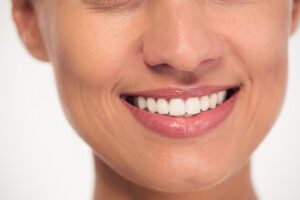Myth: Sugar is the primary cause of cavities
While it is true that consuming large amounts of sugar can contribute to tooth decay, it is not accurate to say that sugar is the primary cause of cavities. The real culprit is the bacteria that live in our mouths, which feed on the sugars we consume and produce acid as a by product. This acid can then erode the enamel of our teeth, leading to cavities. However, it’s important to note that not all sugars are created equal. Natural sugars found in fruits, for example, are less likely to cause cavities than processed sugars found in candy and sweets.
Myth: You don’t need to brush your teeth if you use mouthwash
While mouthwash can be a helpful addition to an oral hygiene routine, it is not a substitute for brushing and flossing. Mouthwash can help kill bacteria and freshen breath, but it cannot remove plaque and food particles from between teeth like brushing and flossing can. Additionally, some types of mouthwash can actually contribute to tooth decay if they contain high levels of alcohol or sugar.
Myth: Children are more prone to cavities than adults
While it is true that children are more likely to develop cavities than adults due to their diet and lack of proper oral hygiene habits, adults are still at risk for cavities. In fact, according to the National Institute of Dental and Craniofacial Research, over 90% of adults in the United States have had at least one cavity in their lifetime. As we age, the risk of gum disease and tooth decay increases due to factors such as dry mouth, receding gums, and the presence of existing fillings.
Myth: Teeth whitening damages enamel
Teeth whitening products, whether over-the-counter or professionally applied, contain ingredients such as hydrogen peroxide or carbamide peroxide that can temporarily make teeth more sensitive. However, these ingredients do not actually damage the enamel of the tooth. Instead, they work by penetrating the outer layers of the tooth to break up stains and reveal a brighter, whiter smile. It’s important to note that overusing teeth whitening products or using them improperly can lead to irritation or damage to the gums and soft tissues of the mouth.
Myth: You don’t need to visit the dentist if you have no dental issues
Even if you brush and floss regularly and have no noticeable dental issues, it’s still important to visit the dentist regularly for checkups and cleanings. Dental checkups can help detect issues such as gum disease, oral cancer, and jaw problems before they become more serious. Additionally, regular cleanings can help remove plaque and tartar buildup that cannot be removed with brushing and flossing alone. The American Dental Association recommends visiting the dentist at least once every six months for a checkup and cleaning.
In summary, there are many common misconceptions about dental health that can lead to improper oral hygiene habits and potentially serious dental issues. By understanding the truth behind these myths, individuals can take better care of their teeth and maintain a healthy smile for years to come.





